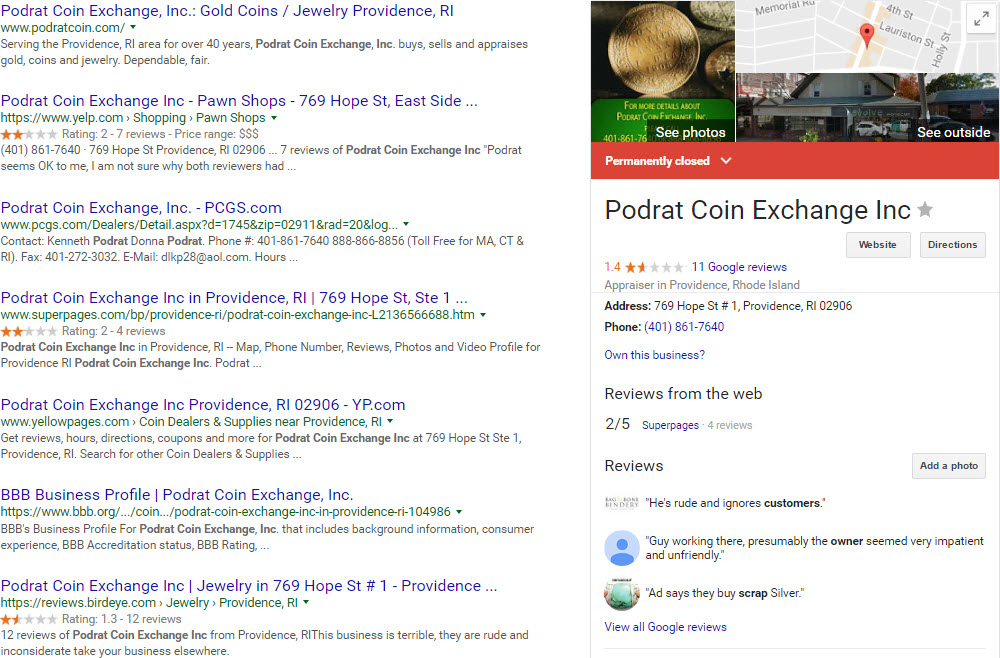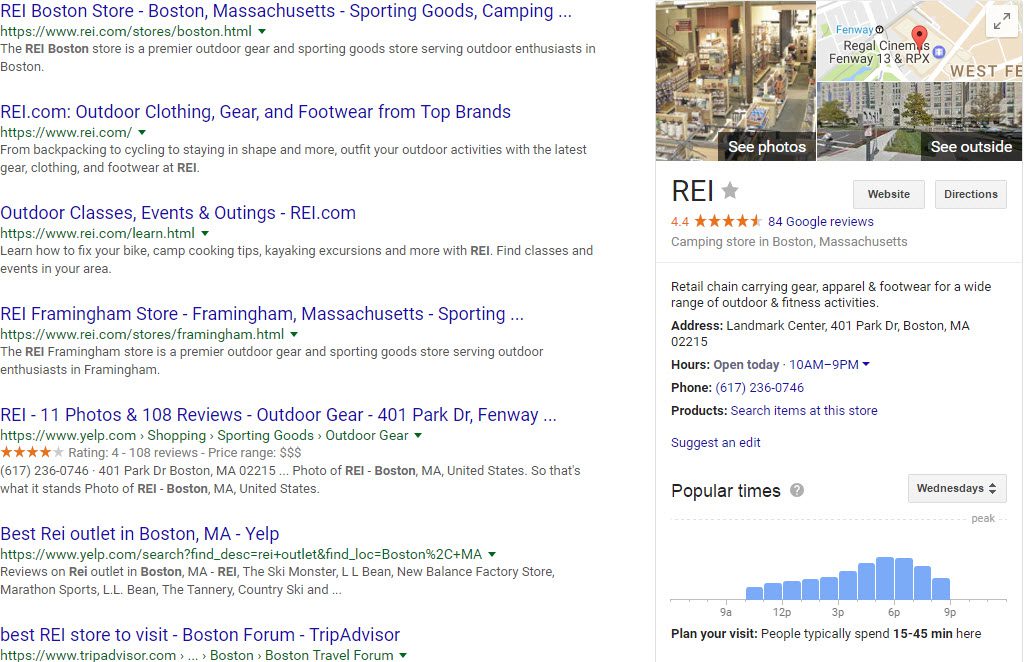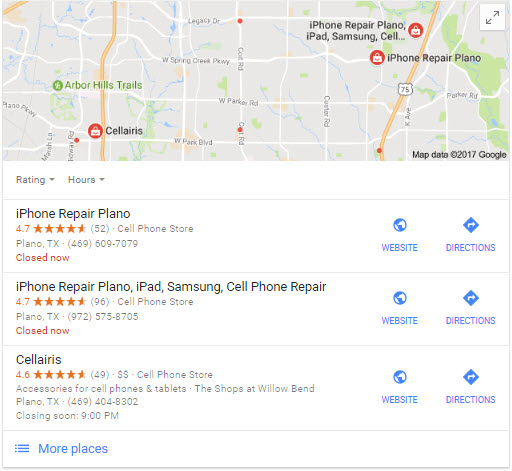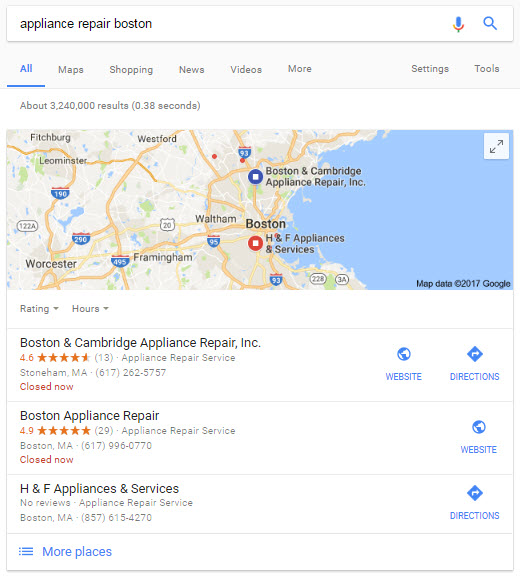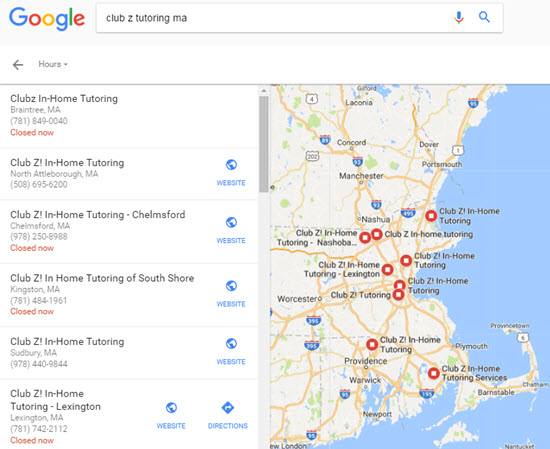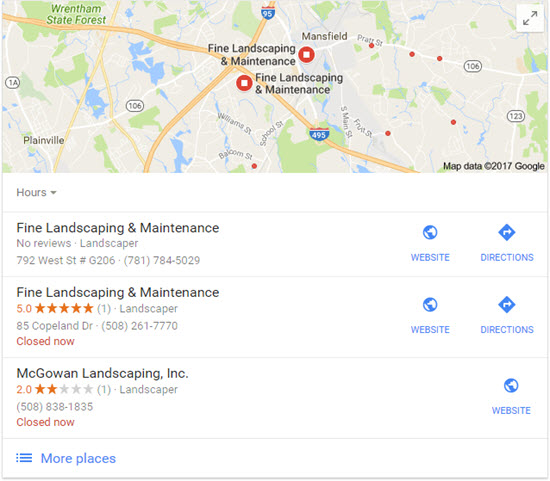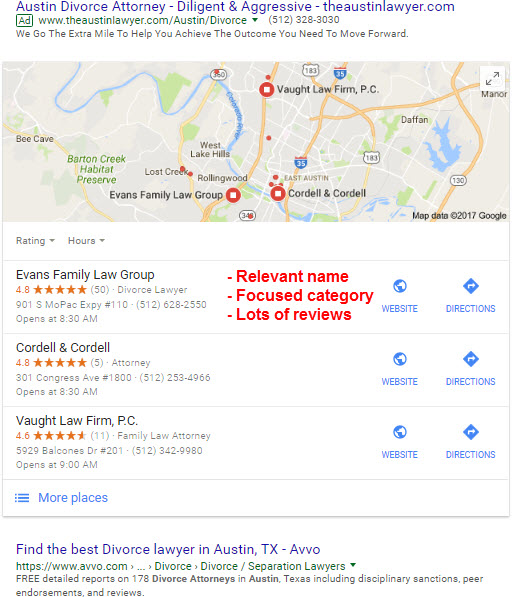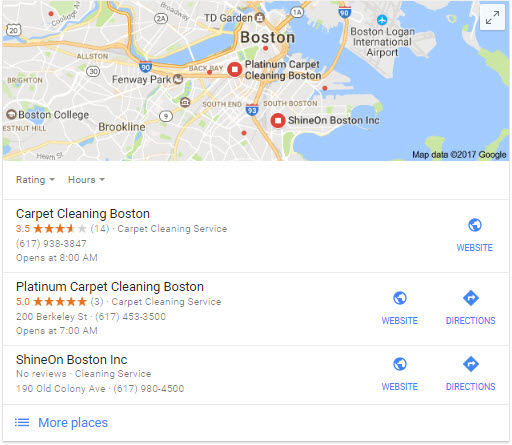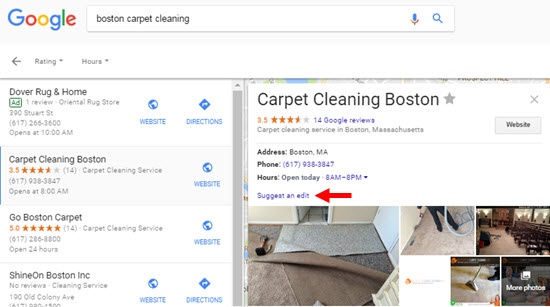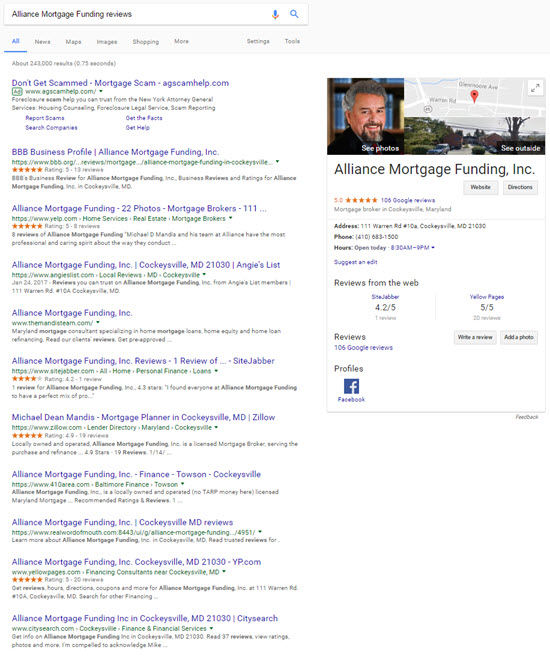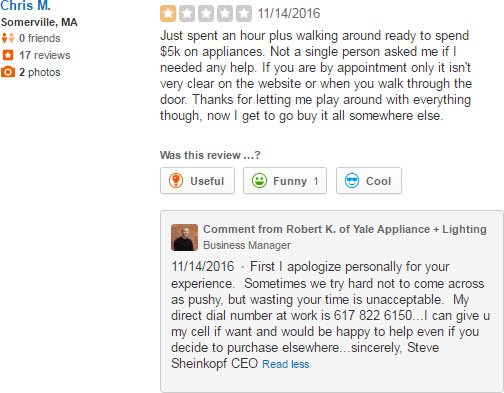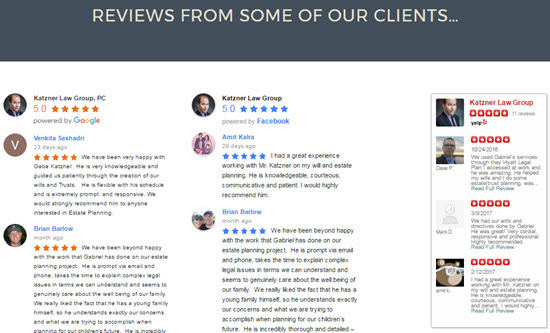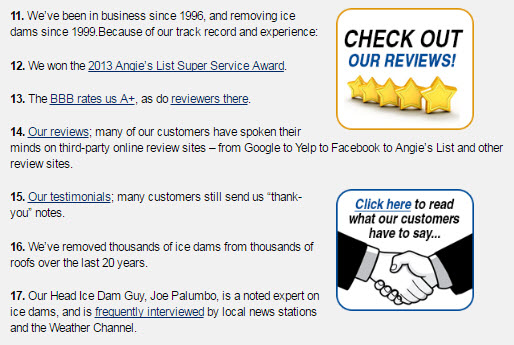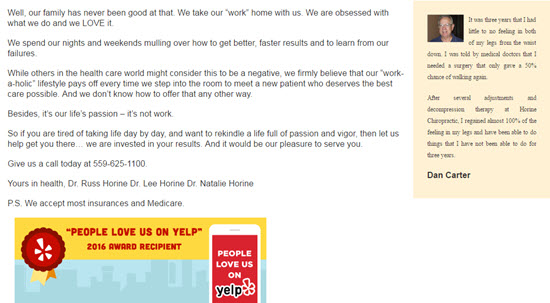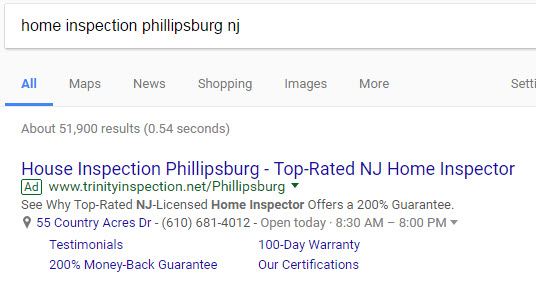The annual Local Search Ranking Factors study is always a pleasure to contribute to, and even more so to read. The numbers and charts that reflect local search geeks’ experience are more than worth the effort to read (and re-read), but the comments are where most of the forehead-slapper insights go to party together.
Darren Shaw (who ran the survey for the first time this year and did a killer job) received 33 pages of comments from the contributors. I’m guessing most or all of those 33 pages made it into the survey, toward the end.
It’s all fascinating stuff, but even the comments alone are a lot to digest.
That’s why I’ve rounded up some favorites. They’re comments that either reflected what I’ve found to be true of local SEO, or that told me something new. I’ve put in bold the parts I think have the most boom. In some cases, I’ve also included links to relevant posts – which weren’t in the original comments – as well as my own comments on the comments 🙂
I’m confident you’ll get usable insights out of them, and make your local SEO strategy a little better as a result.
Anyway, here are my 16 favorite Local Search Ranking Factors 2017 comments, presented in the order in which they appeared in the survey:
“It’s a very difficult concept to survey about, but the overriding ranking factor in local — across both pack and organic results — is entity authority. Ask yourself, “If I were Google, how would I define a local entity, and once I did, how would I rank it relative to others?” and you’ll have the underlying algorithmic logic for at least the next decade.
- How widely known is the entity? Especially locally, but oh man, if it’s nationally known, searchers should REALLY know about it.
- What are people saying about the entity? (It should probably rank for similar phrases.)
- What is the engagement with the entity? Do people recognize it when they see it in search results? How many Gmail users read its newsletter? How many call or visit it after seeing it in search results? How many visit its location?”
Here’s how I often put it to clients and others: Google wants to know that your business is what you claim it is, and that customers do business with you and live to say good things about it.
“Businesses have to get the table stakes right. After that, it seems to be all about local relevant links. We are seeing a lot more sites that rank with lower quantities of higher-quality (read: local and industry-relevant) links. Even sites with very few pages and limited content still seem to win with enough quality links.”
Suggested reading: “One-Time Work vs. Ongoing Work in Local SEO.”
“Without a doubt, the biggest changes in local search during the last year have been associated with the Possum update. However, this algorithm update didn’t really affect in a major way the core factors everyone should focus their SEO efforts on, but rather improved the quality of Google’s local search results. At the same time, this update would hopefully curb the very negative practice of businesses setting up virtual offices (or using outright fake addresses) if their physical address is not near the centroid of the major city they want to rank for. Proximity of business to point of search (or to user) has been a factor whose inclusion in the LSRF I first suggested in 2012. It only made sense that Google would decrease the value of the “proximity to centroid” factor in their algorithm and at the same time would increase the value of the “proximity to user” factor.”
“One of the greatest competitive difference-makers, especially if you are in a notoriously spam-filled industry, is developing an ongoing strategy to actively monitor and combat spam. I have worked with businesses that had more than seven spam GMB listings ahead of them in ranking; after having them removed (because they were totally fake listings), the business I was working with shot up in ranking to the first page. But this strategy needs to be ongoing. It will often feel like you are playing whack-a-mole, but it is a necessary part of any modern local SEO strategy. It’s also one of the few tactics that you can perform that has an immediate ranking boost (once the spam is removed).”
Don’t hesitate to do “suggest an edit” edits. They won’t all be approved, but many times Google will apply them. Here’s a great guide.

“A clean citation profile at the major data aggregators and tier 1 sources remains essential. Beyond that, there’s no sense in paying for a bunch of weak sites that never rank on page one and get virtually zero traffic. But citations won’t move the needle; they’re table stakes. Think of them as the basic molecule of the organism that is your local entity.”
“I think there is a huge difference when it comes to citation building between sites that need it and those that don’t. Businesses that need citation work are those which have moved addresses, changed phone numbers, bought another business, etc. The root of the need is that information is mismatched, and will need work to correct. Established businesses that have made little to no changes over the course of their existence really don’t need much citation work. Optimizing listings is great to try and improve conversion rates (click-to-call, driving directions, leave a review), but it’s not going to move the needle as much, so time is better spent elsewhere.”
Suggested reading: “Do You Really Need to Clean up That Local Citation?”
“Spend 80% of your time on competitive difference-makers and 20% of your time on foundational factors. In competitive SERPs, foundational factors are the ticket to entry. That’s not to say that they’re not important; it’s just that everyone is getting better at implementing them. If you want to rank, you have to find ways do what your competitors aren’t doing or can’t do. Use your business’ competitive advantages in your local search marketing strategies.”

“I think in the coming years, the SEO agencies and consultants that are going to be able to get real results for their clients are going to be the ones that don’t follow a cookie-cutter approach. It’s no longer good enough to follow the standard checklist of items to optimize your listing and then expect it to rank well. Google is going to continue to make it more difficult for one company to dominate the search results. As they do this, it’s going to take a lot more effort and strategy for businesses to remain on top. I think it’s going to be crucial for businesses to have not just a local strategy, but an organic one as well that involves having people actually see their content and bringing in other mediums like Facebook and Twitter. I also think backlinks are more important than ever and getting links outside of the standard citation-building will continue to make an impact in ranking.”
“As part of your local SEO audits, and — to a lesser extent but still important — as part of your ongoing strategy, you need to be auditing all the other businesses that exist at the same address as your client’s business. Google is filtering business’ GMB listings in situations where there are multiple businesses with the same category at the same address. Develop a system for auditing this, and do whatever you can to ensure that Google chooses not to filter your client’s business over the others.”
“…Possum hasn’t impacted my approach to local SEO at all, other than to tell people affected by Possum that they shouldn’t have put all of their eggs in the local SEO basket in the first place. If you breathlessly await each Google update with bated breath, you’re doing it wrong.”
Suggested reading: “Local SEO without the Local Map: What Is It?” Also, work on your non-Google ways of rustling up customers – including some offline strategies, preferably.
“Links continue to be a strong factor for success in organic and local search results. In our experience, just a few high-quality targeted links can move the needle if you’re earning them to the page your Google My Business page is attached to. For businesses with a single location this seems to be the homepage pretty often, but for multi-location businesses it can get a bit trickier.”
Suggested reading: “Your Google Places Landing Page: Homepage or City-Specific?”
“Google will continue to find ways to keep people from leaving Google as much as possible, so expect your organic traffic to decline in the coming years. Stop thinking of your website as a destination, and start thinking of it as a data feed. Utilize Schema.org and JSON-LD as much as possible to highlight important information on your website.”
You’ve got to impress would-be customers before they even get to your site, to the extent they make it to your site at all. As I often say, local SEO isn’t just about your site vs. your competitors’ sites; it’s also about your reputation vs. their reputation. Cori was talking more about getting rich snippets to show up, though. Here’s a great example.
“Google is headed toward making us pay for more clicks. My guess is that we are likely to see instances in which as many as the first five spots on Google are paid results (i.e. four AdWords ads and a paid local pack listing). We have seen instances in which the average click-through rate for a Google My Business listing that maintains an average position of 1.2 is less than 1%. Don’t overly rely on local pack positions for business. Diversify your Internet marketing strategies across channels. Measure the effectiveness in terms of goals and conversions, as opposed to impressions and rankings.”
“You can try to game the search results all you want, but if your business is consistently getting bad reviews, you have other issues to worry about. Focus on fixing any core problems in your business so that your clients want to talk about you. SEO experts can’t help you much if there are underlying issues preventing your business from thriving.”
“I think that local search is going to start getting shaken up as more and more brands start investing in local search. SMBs should be wary that lots of brands haven’t tried to flex their muscle in the local search space, and when they do they can potentially change the impact of an entire vertical. The ability to leverage technical SEO through internal links, widgets, and cross-linking pockets of large sites also can have a huge impact on a brand’s search presence while not costing an arm and a leg. This means that SMBs need to leverage their agility and ability to execute quickly to gain some traction in their local markets before the landscape gets too crowded. Especially with how Google seems to favor brands, and the huge positive impact that powerful organic SEO can have in local pack rankings.”
Most big companies are incompetent and disorganized at online marketing as a result of organizational bloat, but I agree with Dan insofar as some big companies “get it” and execute. Those are the ones to worry about and to start outworking now.
“If I could drive home one topic in 2017 for local business owners, it would surround everything relating to reviews. This would include rating, consumer sentiment, velocity, authenticity, and owner responses, both on third-party platforms and native website reviews/testimonials pages. The influence of reviews is enormous; I have come to see them as almost as powerful as the NAP on your citations. NAP must be accurate for rankings and consumer direction, but reviews sell.”
As I often say, rankings without reviews are a big waste.
—
What’s your favorite comment from the 2017 Local Search Ranking Factors?
What’s a comment you wish the writer would clarify or expand on?
Leave a comment!


